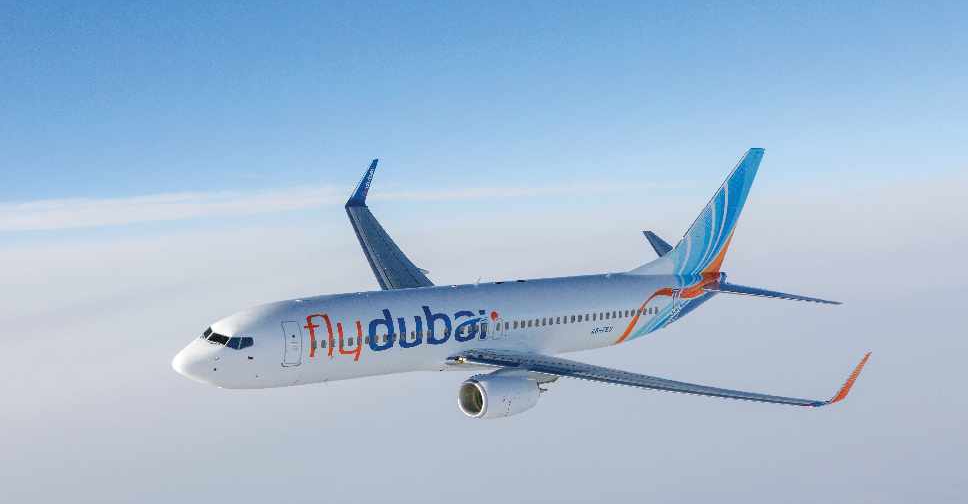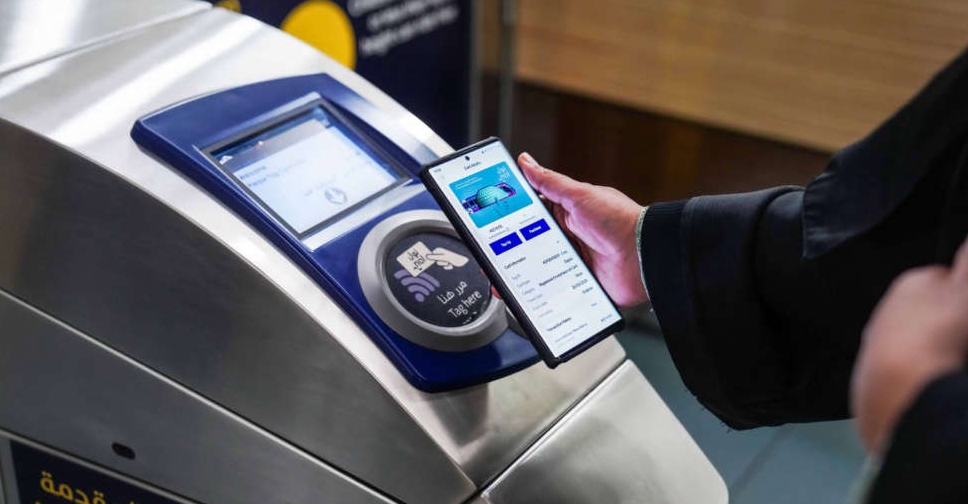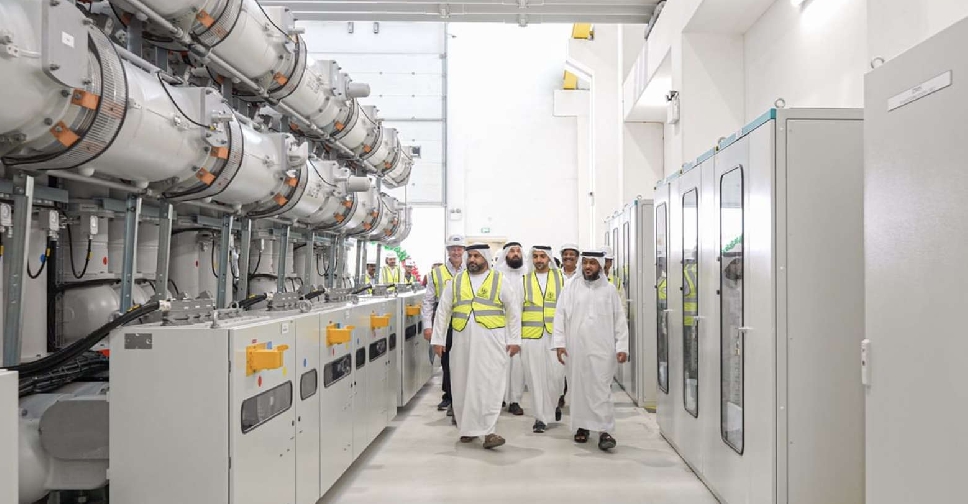
Flydubai has announced its annual results amid one of the toughest years in aviation history.
The low-cost carrier reported a loss of AED 712.6 million (USD 194 million) for the period ending December 31, 2020, compared with a AED 198.2 million profit in 2019.
It registered a total annual revenue of AED 2.8 billion (USD 773 million) compared to AED 6 billion (USD 1.6 billion) in 2019; a decrease of 52.7 per cent.
The airline cited the COVID-19 pandemic and the 22-month grounding of Boeing 737 MAX aircraft as the key factors which impacted its 2020 results.
During the course of the year, the airline completed two financing facilities amounting to AED 283 million (USD 77 million) for general corporate purposes, while it carried 3.2 million passengers.
"The COVID-19 pandemic has impacted us more than any other crisis. We fully recognise that it is the priority of governments to ensure the health and wellbeing of its people. The effects of the travel restrictions that were put in place to safeguard against transmission of the virus have heavily impacted the aviation industry," said Ghaith Al Ghaith, Chief Executive Officer at flydubai.
"The ongoing impact of the grounding of the MAX aircraft required our Engineering and Maintenance Team to put an active aircraft storage programme in place. The resulting 18 hours of maintenance per aircraft each week placed additional demands on their already extensive workload," he added.
- In the first two months of 2020 the business fundamentals continued to be strong
- Over a 5-week period, the airline’s operations were severely impacted by the increased closure of international borders and the suspension of flights due to the COVID-19 pandemic
- Navigating through the pandemic: severely curtailed flight operations for 14 weeks between 24 March and 07 July
- Coupled with the effects of the pandemic, performance was also impacted by the 22-month grounding of the Boeing 737 MAX aircraft
- This heavily impacted the financial performance from mid-March, continued into the second quarter and resulted in a loss of AED 545.2 million for the six-month period ending 30 June
- The strategy defined at the start of the pandemic to develop alternative revenue sources and contain costs gained momentum during the third and fourth quarters minimising the second half loss to AED 167.4 million
- The government created a safe environment for tourism and this increased demand contributed to flydubai’s recovery in the second half of 2020. It is expected to continue in 2021
Commenting on how flydubai adapted to the changing situation, Hamad Obaidalla, Chief Commercial Officer at flydubai, said: "We were ready to launch flights as soon as the airspace opened growing our network to 65 destinations by year end; a considerable achievement in a complex period for the airline industry. We also achieved a seat factor of 73% in spite of these challenges."
Francois Oberholzer, Chief Financial Officer at flydubai, commenting on the financial measures taken by the airline, said: "During a demanding year for the aviation industry, we optimised all possible revenue generating opportunities and we took early measures to control our costs and preserve liquidity."
"We redoubled our efforts in cost improvement, deferred capital expenditure and raised new financing facilities. The proactive steps we took at the start of the pandemic enabled the airline to end the year with cash assets, including pre-delivery payments, of AED 2.5 billion," added Oberholzer.

 RTA completes 40% nol digital payment system upgrade
RTA completes 40% nol digital payment system upgrade
 OpenAI and Musk agree to fast tracked trial over for-profit shift
OpenAI and Musk agree to fast tracked trial over for-profit shift
 Starship, carrying Tesla's bot, set for Mars by end-2026: Elon Musk
Starship, carrying Tesla's bot, set for Mars by end-2026: Elon Musk
 Tesla warns it could face retaliatory tariffs
Tesla warns it could face retaliatory tariffs
 Abu Dhabi Fund for Development launches luxury hotel project in Egypt
Abu Dhabi Fund for Development launches luxury hotel project in Egypt




